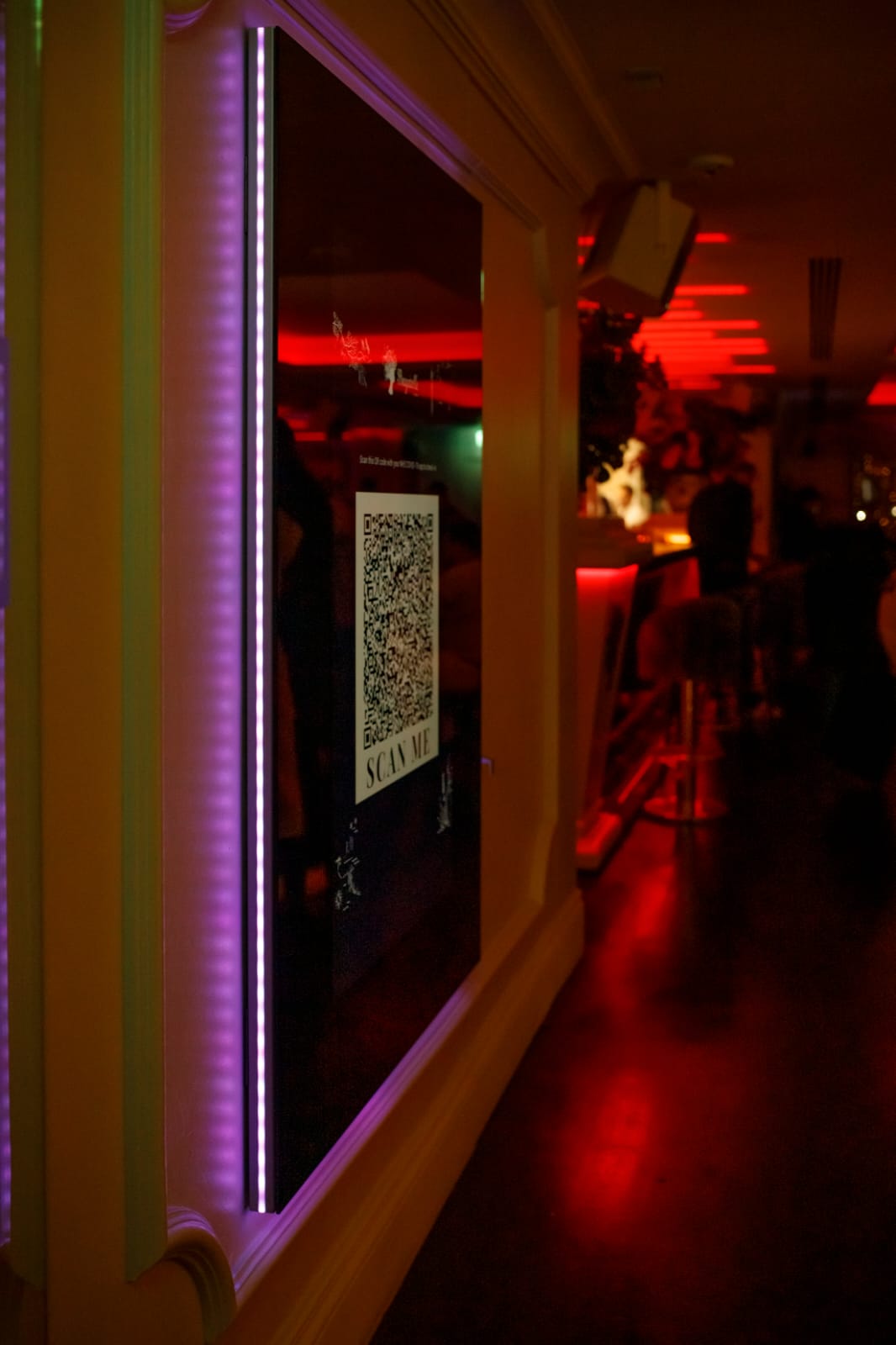Barbara Jarabik discussing about luxury brands advertising solutions today: Focus on quality, not quantity. It’s better to have a small number of high-quality leads than a large number of low-quality ones. When luxury brands mass market, they risk diluting their message and appeal. Create a Unique Selling Proposition. The best way to give your brand a competitive advantage is to create a unique selling proposition (USP). This is a statement that explains what makes your brand a unique product and why customers should buy from you instead of your competitors. Your USP should be based on your brand’s unique strengths and how those strengths can benefit the customer. For example, you could focus on luxury, quality, or customer service. Make sure that your USP is memorable and easy to understand.

If Ferrari’s sold for $15,000, they wouldn’t appear very luxurious. Everyone would have them which would negatively affect the exclusivity as I spoke about earlier and it would make them appear less special. Don’t get me wrong. I love supercars and I’m sure a Ferrari is worth every penny it’s sold for, but I don’t doubt it’s marked up to hundreds of thousands of dollars on purpose. The price positions it as top-of-the-line and miraculous. This is why one of the smartest strategies luxury brands can use to increase revenue is simply increasing how much they sell products for. Imagine that you received 1,000 orders every month at an average value of $300.
Google is one of the most influential channels when it comes to helping luxury shoppers find products, learn more about brands, and make their purchase. As we’ve already alluded to, most luxury brands have pretty poor websites. Unsurprisingly, most of those websites also have extremely bad SEO, making it difficult for their websites to rank well in Google for search terms that would otherwise capture potential customers. Take Prada for instance. When I search for Prada handbags, not only do I not receive a link to Prada’s handbag page (due to their poor keyword targeting, slow site, and poor on-site structure), but the results also look messy and untargeted.
Expanded Text Ads are now our reality, and there’s never been a better time to market your high-end product using the power of paid search. With all that extra space comes the ability to differentiate yourself from the rest of the SERP with language instead of relying solely on brand recognition. After all, even when you’re bidding on branded keywords, there’s a good chance you’ll be competing with third party distributors and your direct competitors. The copy you use in your text ads will be the difference between earning a prospect’s click and watching them scroll on by. As you can see in the column on the left, STA (what used to be called Standard Text Ads) placed tight restrictions on your ability to say anything compelling in your ad copy. How can you stand out from the competition when everyone’s pigeonholed into using the same five-ish sentence fragments? Off the top of my head, hiring a commercially motivated haiku writer was the only plausible solution.

With a solid system for managing your marketing plan and allocation of budget and focus, we can now dive into some of the specific channels and experiments you might want to test. When marketing luxury products, photographs are one of the best mediums for evoking the aspirational emotions that we connect with driving a luxury vehicle, wearing designer clothing, or experiencing something exclusive. As such, visual social networks like Pinterest represent a huge opportunity for luxury brands to raise brand awareness and advocacy. Read extra info at https://medium.com/@barbarajarabik.
Digital signage mirrors are another way for luxury brands to advertise efficiently : The entire digital signage mirrors market was valued at USD 780 million in 2021. The global market is expected to grow steady at a CAGR of 12.21% to hit USD 910 million by 2023. Digital signage mirrors can greatly increase individual efficiency by choosing outfits as per weather updates while also offering bus and train schedules (including traffic updates). Digital signage mirrors in smart homes, planes, commercial spaces, hotels, etc. are designed to be connected to users as well as with different devices around. Energy efficiency is one of the major advantages that will drive the adoption of digital signage mirrors.